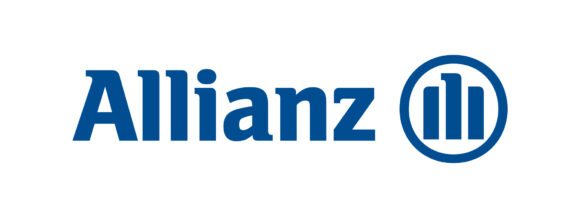Inflation, new technology, evolving legislation and hackers for hire are just a few of the exposures facing professional services firms including management consultants, auditors, accountants, architects, engineers, solicitors and lawyers and media executives.
A new report by Allianz Global Corporate & Specialty (AGCS) highlights several emerging liability trends for companies, ranking them by level of anticipated impact, potential drivers of loss activity and the likely ease with which these risks may be mitigated.
“Although exposures vary, all these professions face a wide range of civil liability exposures which need to be adequately addressed and mitigated. These could range from accusations of negligence or omissions resulting in harm or damage to the client, to misrepresentation, to failure to identify fraudulent activity, to the unintentional breach of contract, intellectual property rights or confidentiality, and regulatory investigations and actions,” says Diego Assef, head of the Global Practice Group, professional indemnity claims at AGCS.
The legal and construction sectors are the industries most impacted by large professional indemnity claims, according to the report.
Eleven emerging trends were ranked in the report, highlighting the exposure some professions face depending on the risk and the nature of their business.
Evolving legislation related to building safety and cyber crime, social engineering and data loss, ranked in category 1 (very high – a critical impact to operations or loss severity could be expected).
Though building safety has predominantly been a UK issue following the Grenfell Tower fire tragedy in 2017, some impact is expected be felt globally, the report noted.
In the UK, extended liability periods for building and fire safety defects could bring forth new legal claims against manufacturers and suppliers, the report stated, “with a potential domino effect on all specialists in a construction project, such as architects, engineers and design and build contractors.”
Professional services firms are highly exposed to cyber attacks, which have increased in recent years, due to their collection of proprietary customer data and intellectual property they process or operate with.
Cyber mercenaries are increasingly targeting law firms to illegally obtain confidential or protected data that could tip the balance in courtrooms, the report stated.
“The ‘hackers-for-hire’ provide technical capabilities and deniability of involvement in the cyber attack should it be discovered,” the report noted.
Claims drivers apply across all professions and include phishing and spoofing frauds, third-party supply chain risks, ransomware or malware, a lack of adequate systems or controls, or data loss, the report added.
A cyber breach results in immediate first-party costs and disruption, “it can also result in significant regulatory exposures, including action from data protection authorities and considerable fines,” the report stated.
Litigation by affected customers may follow, including large group claims.
Breaches can also lead to client and third-party liability claims, “with claimants alleging losses due to business interruption or leaked information.”
Reputational damage can also follow a breach, resulting in stock drops and securities claims, the report added.
Any oversight failures by professional firms will likely face scrutiny as more regulation addresses cybersecurity, AGCS noted.
Geopolitical, economic and market volatility ranked in category 3 (moderate impact to operations or loss severity could be expected).
“Regulatory exposures can arise for professionals acting for clients who may potentially be caught by a rapidly evolving sanctions regime, while for construction and design professionals, disruptions to supply chains could bring claims relating to project delays,” the report stated.
The inflationary environment also ranked in category 3.
Myriad potential exposures for professionals could result from a recession, “including insolvency-related exposures for auditors and insolvency practitioners, lenders’ claims for solicitors and valuers, and claims arising from due diligence against lawyers and accountants.”
In addition, financial services professionals could face mismanagement and suitability allegations relating to funds negatively impacted by high inflation.
The use of new technologies such as AI tools by professional services firms ranked in category 4 of exposure concerns (minor impact).
“While AI has the potential to operate as a risk reducer, as technological solutions evolve rapidly so do the potential claims drivers,” said Assef. “These include data privacy or copyright issues, the need to preserve confidentiality when using service providers, risks of errors being repeated in volume work, and the level of supervision involved in machine learning tasks.”
Training is key to “ensure the authenticity of work products considering the emergence of tools such as ChatGPT,” he added. “Ultimately, a lack of awareness of how generative AI works, as well as untrained use, could lead to legal sanctions and civil claims against all types of professionals.”
Was this article valuable?
Here are more articles you may enjoy.



 World’s Growing Civil Unrest Has an Insurance Sting
World’s Growing Civil Unrest Has an Insurance Sting  Experian Launches Insurance Marketplace App on ChatGPT
Experian Launches Insurance Marketplace App on ChatGPT  Insurify Starts App With ChatGPT to Allow Consumers to Shop for Insurance
Insurify Starts App With ChatGPT to Allow Consumers to Shop for Insurance  Viewpoint: Runoff Specialists Have Evolved Into Key Strategic Partners for Insurers
Viewpoint: Runoff Specialists Have Evolved Into Key Strategic Partners for Insurers 

